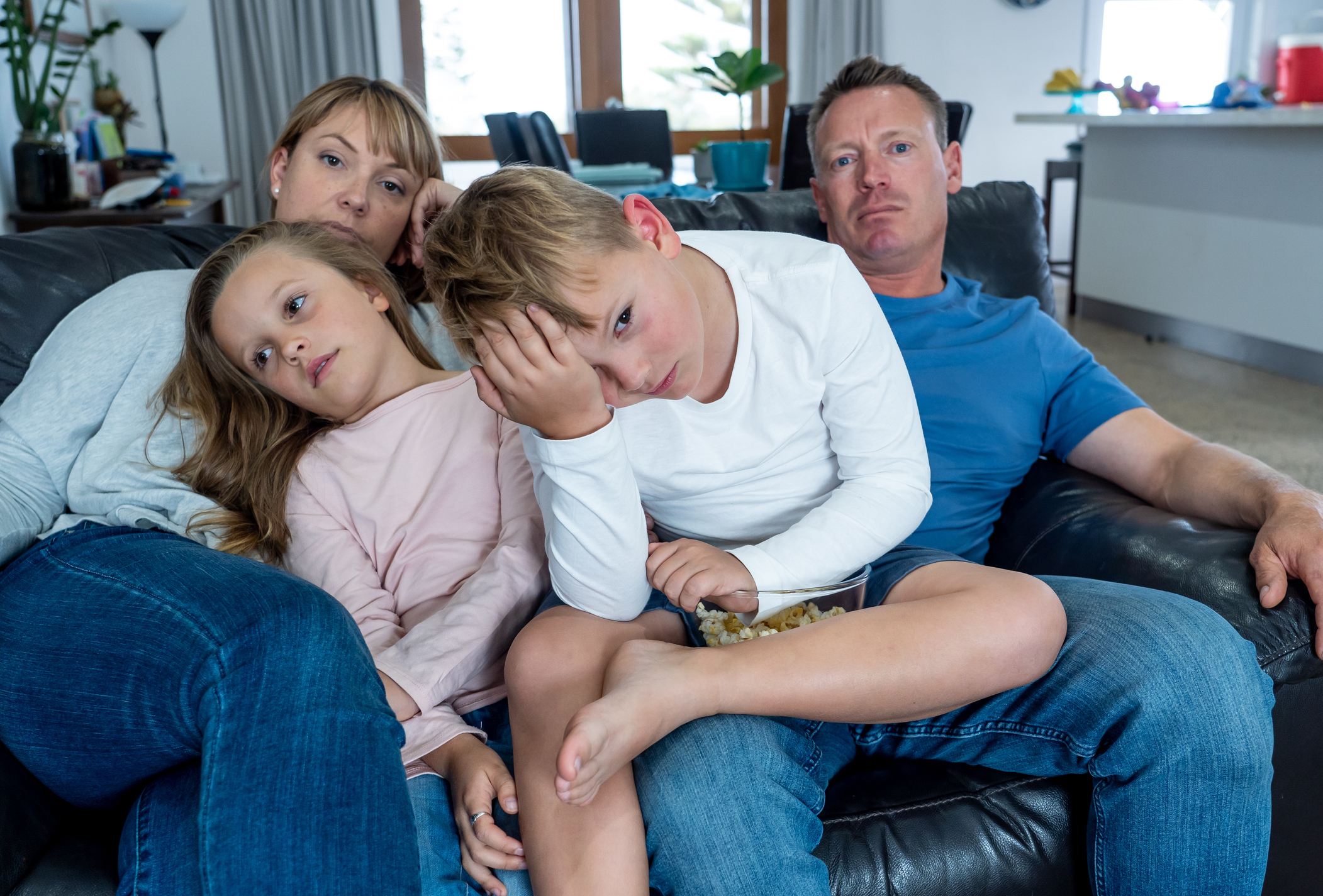865-974-5858
Tips For Couples In Quarantine

Living through a global pandemic has presented many of us with unexpected situations in every part of our daily lives. For couples, trying to maintain a healthy relationship while spending nearly every day together and managing a work-life balance from home has been a major challenge. Now we are re-entering society slowly, but challenges to maintaining a healthy relationship still persist while the pandemic is ongoing. Several marriage and family therapists chime in with some tips for couples on maintaining a healthy and thriving relationship – with social distancing still in mind – as we re-enter society.
Give your partner the benefit of the doubt
Financial, occupational, emotional and various other stressors or losses have impacted many people, so acclimating back to life as it was prior to COVID-19 can be hard for some and nearly impossible for others. It’s important to give one another the benefit of the doubt and recognize that both of you are doing the best you can under these circumstances. Make sure to continue to do acts of kindness for one another, communicate your appreciation and your needs to your partner, and create a plan for your new daily lives together to help manage stress.
Genuinely discuss the shifting paradigms in your household
Even if you and your partner have a good relationship, the experience of a global pandemic is certainly a new one. Things might have changed drastically for you and your partner throughout COVID-19 and may continue to do so. You may have had to renegotiate aspects of your lives such as childcare or employment and it’s important to continue to share your feelings with one another about the new paradigms taking place at home. Ask each other this: what’s working and what’s not working?
Learn and use healthy communication techniques
This is also a great time to learn and utilize techniques such as the Gottman “stress reducing conversation” method to help manage stress related to COVID-19. The “stress reducing conversation” emphasizes that couples genuinely listen to their partner and communicate in a way that shows solidarity. These types of conversations can buffer external stress by helping couples show one another empathy, affection, understanding, and comfort.
Have compassion and do compassion
Be compassionate with, and do compassionate acts for, those around you. We are re-entering society after a mass crisis with many side effects still present. In moments of crisis, it’s helpful to recognize shared difficulties and hardships that we are all facing and be responsive to them. Acts of selfless generosity and kindness are contagious, and they help not only the individual that you directly provided service to, but the community as a whole and yourself.
Care for someone, and let yourself be a “cared for” person
Consider caring for those around you as if they were sick. When others step in to care for us when we are sick, we feel loved and cared for, so pick someone and “care” for them as if they were sick by doing nice things for them on a consistent basis. For example, make their favorite breakfast and bring them snacks throughout the day. Also, ask them, “what can I/we do that makes you feel cared for?”
If you’re still working from home, create work zones
If you’re someone who is still managing a work-life balance at home, take time to create a “work zone” if you haven’t already. This is especially important for couples where both partners are still working from home. Create a work zone to keep harmony intact between each other so you can focus and not worry about getting interrupted. The sooner work gets done, the sooner you or your partner can relieve the other of parent duty, join in on the family fun, or have a much-needed date night together.
Create and maintain boundaries as we “go back to normal”
Many of us have spent more time than usual with our partners and families at home while conducting every part of our life in the house at the same time. This could have the potential to create boundary-lacking habits even as we re-enter into a “normal” lifestyle, so discuss with your partner how you plan to separate work and life at home, the division of personal space, and time spent together versus alone.
Make time together (safely)
Intentionally create time to do an activity together that will help you bond, such as games or a movie, or something more emotionally invested like a relationship check in. Ask each other “in,” which is essentially asking your partner on a date in your home as opposed to going out, or go on a date somewhere where you and your partner can maintain a safe physical distance from those around you. For instance, take a long drive while listening to old music and feeling nostalgic together. Whatever you decide to do, make this time together different from the time spent living in the same space together.
Even though we are re-entering into society, the pandemic along with its stressors and consequences are still at large, so take the necessary time to care for yourself and your relationship. Be compassionate and caring for each other, give each other the benefit of the doubt, and make time for one another. Keeping your relationship and your partner a top priority may be more important now than ever!
